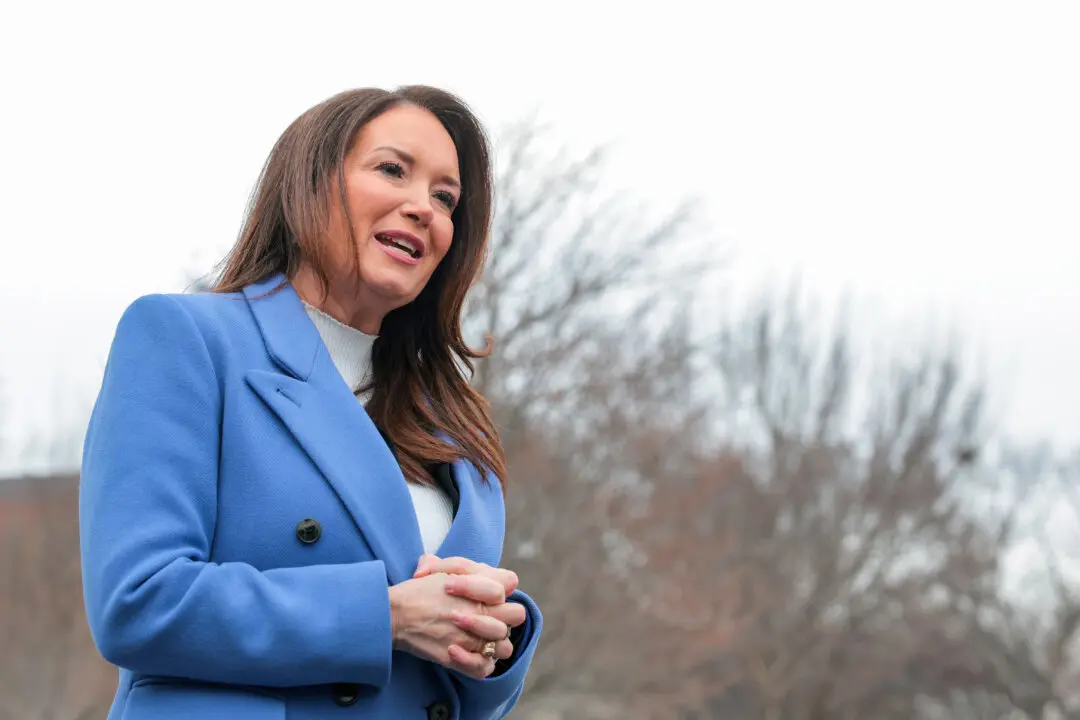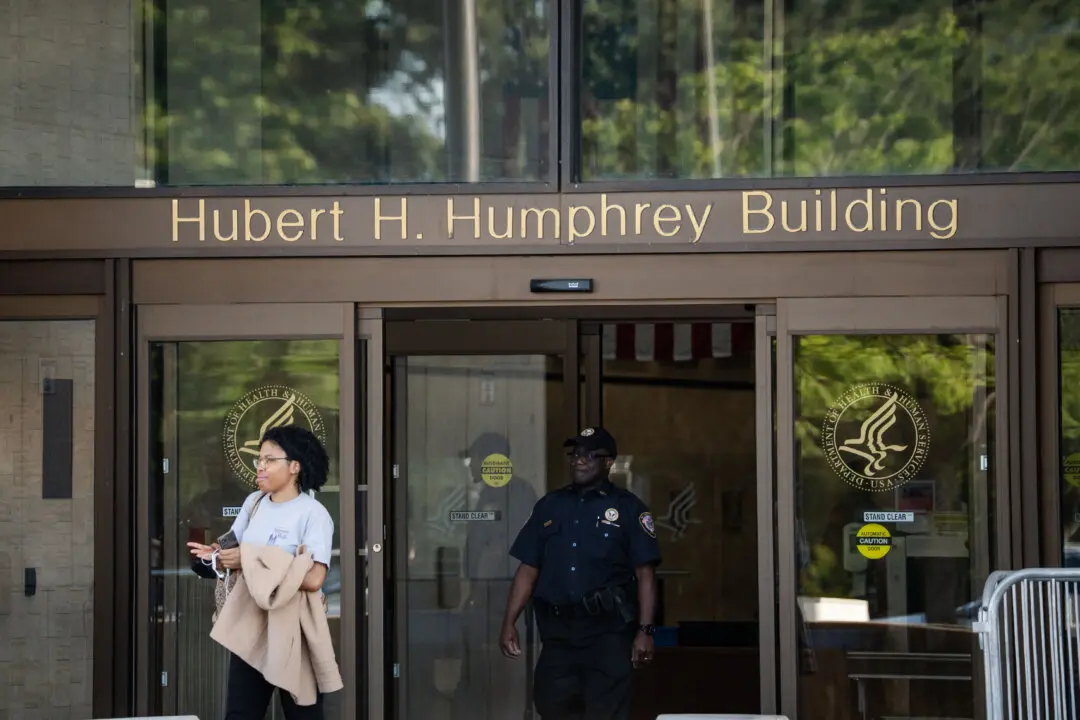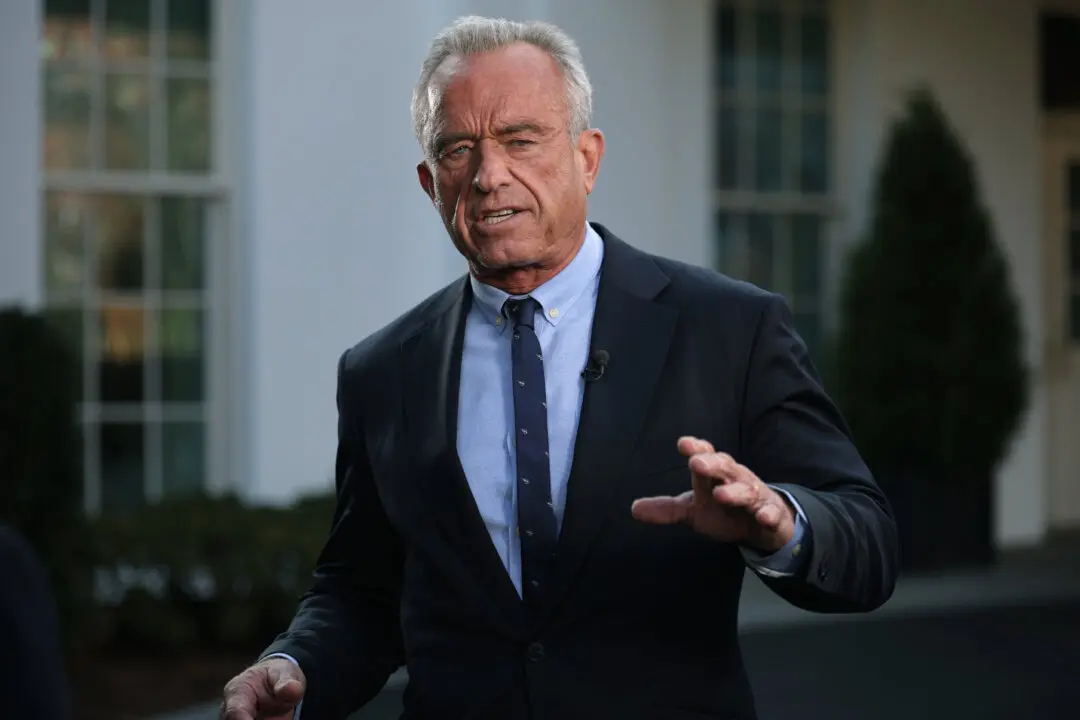The U.S. House of Representatives has subpoenaed several top Biden administration officials, including the director of the U.S. Centers for Disease Control and Prevention (CDC), over the administration’s coordination with Big Tech to censor users.
Rep. Jim Jordan (R-Ohio), chairman of the House Judiciary Committee, sent the subpoenas on April 28 to CDC Director Dr. Rochelle Walensky, Cybersecurity and Infrastructure Security Agency (CISA) Director Jen Easterly, and James Rubin, an official at the State Department’s Global Engagement Center (GEC).





